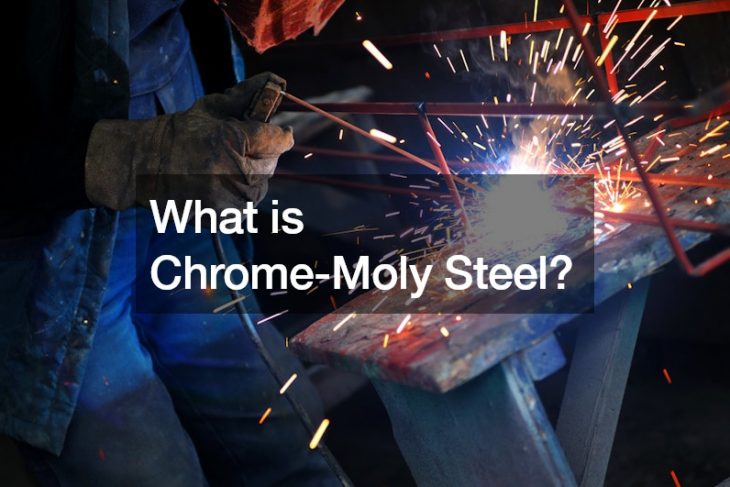
 The hybrid car industry is still fairly young, but that hasn’t kept it from becoming one of the fastest growing industries across the world, and from developing models which are able to compete seriously with well-established auto companies. Hybrid cars first drove into the American auto industry in 1999 when Honda introduced its revolutionary Insight Hybrid model, and since then, customers have flocked to hybrid car dealers in droves. But many customers are now wondering, with the energy-efficient features that many new cars have today, are hybrid cars really worth the price?
The hybrid car industry is still fairly young, but that hasn’t kept it from becoming one of the fastest growing industries across the world, and from developing models which are able to compete seriously with well-established auto companies. Hybrid cars first drove into the American auto industry in 1999 when Honda introduced its revolutionary Insight Hybrid model, and since then, customers have flocked to hybrid car dealers in droves. But many customers are now wondering, with the energy-efficient features that many new cars have today, are hybrid cars really worth the price?
Research collected from MojoMotors explains why hybrid cars are so much more expensive than traditional cars — in fact, they can be as much as 20 percent more expensive in regards to upfront costs. This price tag is a result of the complex systems used in hybrid vehicles, the expensive batteries (which need to be replaced regularly), and the skilled engineering work that isn’t necessary in traditional cars. In their analysis of the total hybrid car cost, MojoMotors took into consideration the initial cost of the car, combined with maintenance fees and gas bills over time. So what did MojoMotors determine after their data was collected?
Unfortunately, analyzing savings of hybrid cars is just as confusing as the car system itself. Some hybrids save as little as six MPG when compared to their non-hybrid model, while others have up to a 17 MPG advantage over their non-hybrid counterpart. Some cars pay for themselves once you drive them home from the dealership, while others need to rack up over 200,000 miles before hitting the break-even point.
Ultimately, this research simply shows that not all hybrid cars are equal, and that each person’s driving habits should be taken into account when considering if a hybrid car is a good choice. Even if drivers find that a current hybrid model isn’t worth the price, it seems likely that the industry will only keep evolving and keep making more hybrid models available to fit anyone’s needs.












